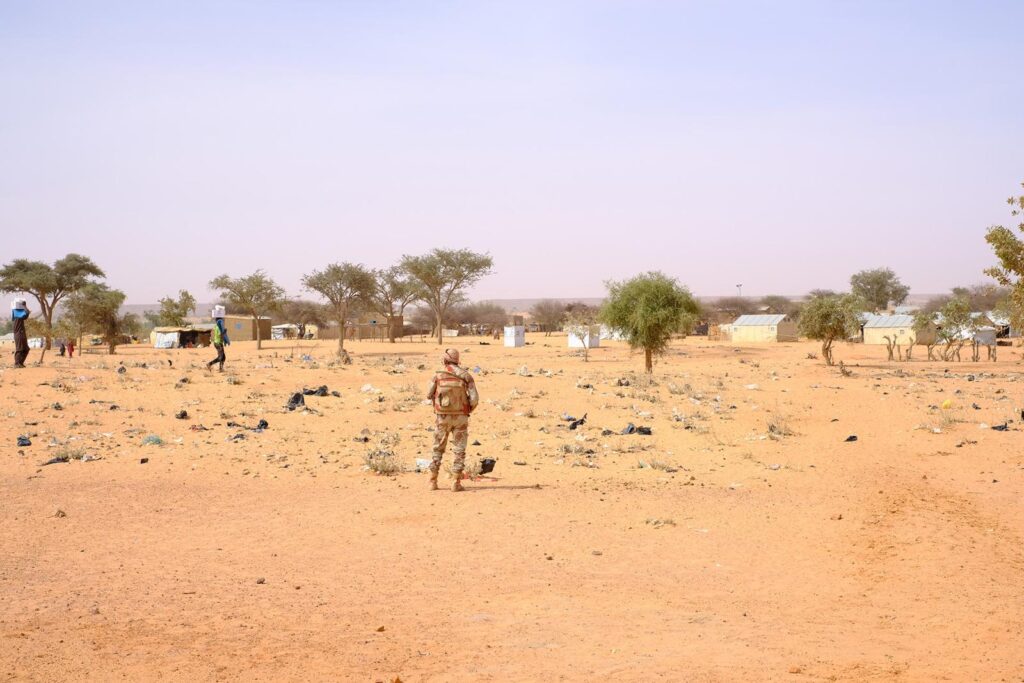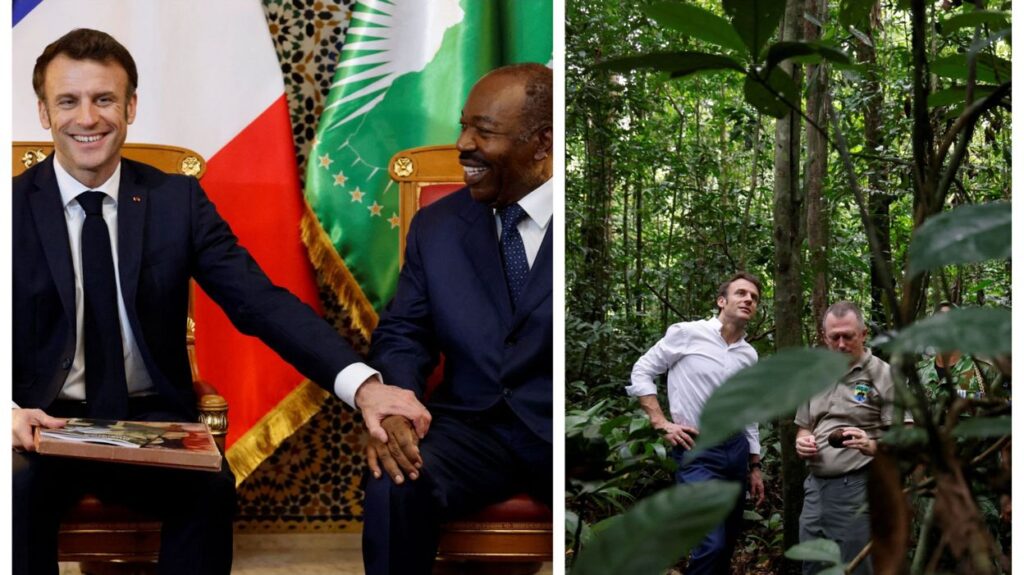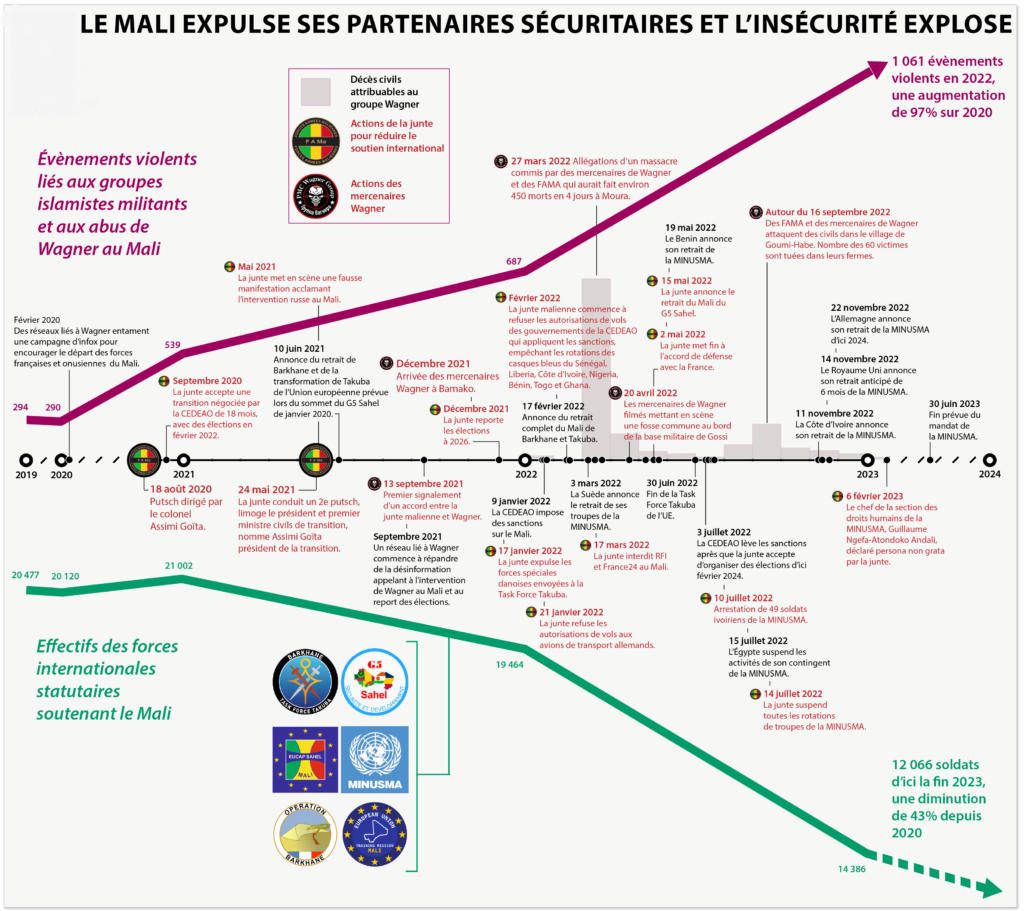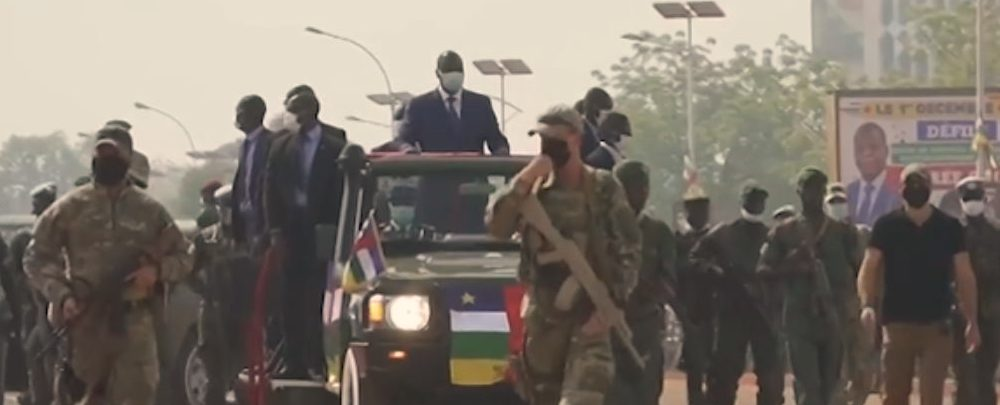The World Teetering on the New Polycentric Geopolitics

The world is yet to see how dangerous the decade before us will be, what the new global geopolitical architecture will look like and who is to build it.
Russian Foreign Minister Sergey Lavrov mentioned in his address to his colleagues on 10 February 2023 in Moscow: “All of us are professionals and we are well aware this is certainly not an exaggeration.” Lavrov elaborated on the remark made by Vladimir Putin that this is a historic crossroads for the world and that the most important, the most uncertain decade as well as the most dangerous decade since the Second World War is ahead of us. His opponents tend to express rather similar sentiments. Strangely enough, when one shakes off the mirage of propaganda slogans galore, the deep-seated and growing pessimism is almost palpable as for which side of the crossroads ahead will hugely benefit from it all. Namely, Martin Wolf, the chief columnist in Financial Times in the economy section and one of the most influential world economists according to Bloomberg, says that this is a moment of overwhelming fear but also that of a vague hope. Once an avid advocate of globalization and deregulation based on the U.S. neoliberal model, he seems to have revised and conveniently adapted his views in the meantime.








